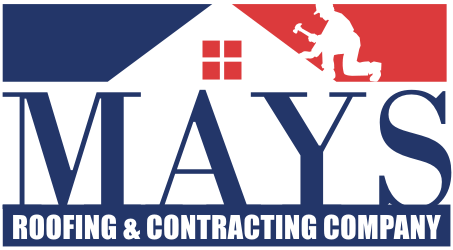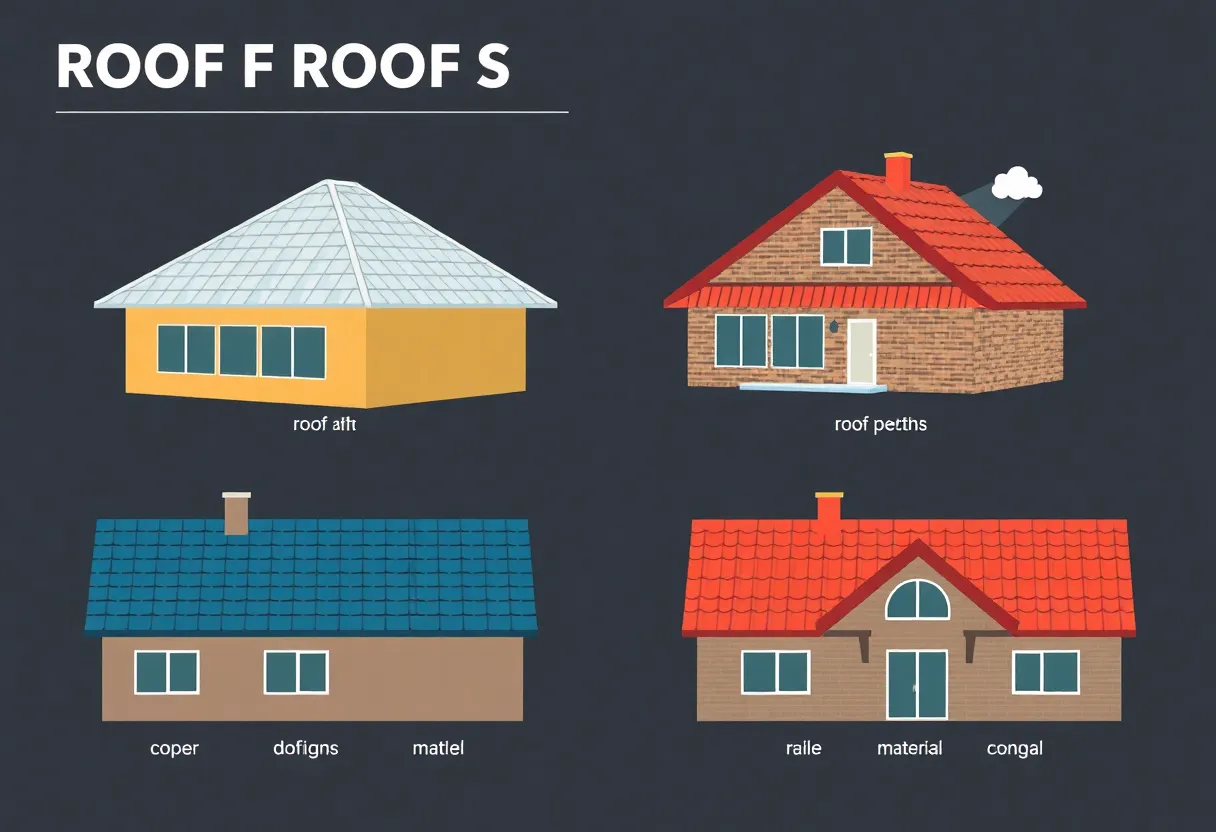How to Choose the Best Roof Design for Rainy Climates: A Homeowner’s Guide
When it comes to homeownership, selecting the right roof design is a critical decision—especially in rainy climates where moisture and storms are frequent. This guide aims to provide homeowners with the essential information they need to choose a roof that effectively manages water, minimizes damage, and enhances the overall aesthetics of their home.
Understanding the Challenges of Rainy Climates
The primary concern for homeowners in rainy areas is effective water drainage. Prolonged rainfall can lead to serious issues such as leaks, rot, and mold. A roof must not only endure the rain but also facilitate rapid runoff to protect the structure below. Consequently, selecting the appropriate roof design is vital.
Factors to Consider When Choosing a Roof Design
1. Roof Pitch
The pitch of a roof plays a significant role in water drainage. A steeper slope allows rainwater to flow off quickly, preventing pooling and reducing the risk of leaks.
- Low-Pitch Roofs: Typically, a pitch between 2:12 and 4:12. They can work but may require additional waterproofing methods.
- Medium-Pitch Roofs: Ranging from 4:12 to 6:12 pitch. Offers improved drainage and a balance between design and functionality.
- High-Pitch Roofs: Greater than 6:12 pitch. These roofs excel in rainwater management, making them ideal for heavy rainfall.
2. Roof Shape
Different shapes provide various degrees of efficiency against rain. Some common roof types suitable for rainy climates include:
- Gable Roof: Features two sloping sides. An effective design for shedding water, but can be susceptible to wind damage.
- Mansard Roof: Offers a steeper upper slope and a lower pitch. Provides good drainage while maximizing living space.
- Hip Roof: Slopes on all four sides. Highly stable in adverse weather conditions and excellent for managing rain accumulation.
- Flat Roof: Although easier to install, requires exceptional drainage systems as water can pool if not properly designed.
3. Roof Material
The materials chosen for roofing can significantly affect performance in rainy climates. Key materials include:
- Asphalt Shingles: Affordable and widely used, but may not be the best choice for heavy rain without proper installation.
- Metal Roofing: Extremely durable, excellent for rain drainage, and resistant to moss and algae.
- Tile Roofing: Traditionally clay or concrete, these roofs can withstand rain effectively but may require additional structural support.
- Slate Roofing: Remarkably durable, long-lasting, and can handle heavy rain; however, it’s more costly.
4. Roofing Accessories
Accessories play a vital role in enhancing roof performance in rainy climates:
- Gutters and Downspouts: Essential for directing rainwater away from the roof and walls of the structure. A well-designed gutter system will prevent water from pooling on the roof.
- Flashing: Installed around chimneys, vents, and valleys to redirect water. Properly installed flashing can prevent leaks.
- Vents: Essential for air circulation within the roofing system, preventing moisture build-up beneath the roofing material.
Regional Considerations
Homeowners should also take into account regional weather patterns and conditions when selecting a roof design:
1. Tropical Climates
In regions prone to heavy rainfall and storms, roofs must be designed for maximum water runoff and durability against strong winds. A high-pitched hip roof made from metal could be a prime choice.
2. Temperate Climates
These areas may experience moderate rainfall. A medium-pitch gable roof with asphalt shingles might suffice, but homeowners should prioritize good drainage systems to ensure longevity.
3. Cold Climates
Rain can often mix with snow and ice. In these instances, a steeper roof design can help minimize ice dam formation, while materials that resist ice accumulation, like metal, should be used.
Consulting a Professional
Choosing the right roof design is a multifaceted decision that may require expert input. A qualified roofing contractor can assess the specific characteristics of your home, climate conditions, and design aspirations, allowing for a tailored recommendation.
Maintenance Tips for Rainy Climates
After selecting the perfect roof design, regular maintenance is crucial to ensuring durability and effectiveness:
- Regular Inspections: Conduct biannual inspections of your roofing materials and structure to identify signs of wear or damage.
- Clean Gutters: Ensure gutters and downspouts are clear of debris to facilitate proper drainage.
- Repair Flashing: Check for damaged or loose flashing around chimneys and other roof penetrations.
- Watch for Mold and Mildew: Inspect your roof for signs of mold and mildew. If detected, immediate action should be taken to prevent structural damage.
Conclusion
In rainy climates, the choice of roof design can make all the difference in ensuring the longevity and protection of your home. Key considerations include roof pitch, shape, material, and additional accessories. Understanding the regional climatic factors and seeking professional advice can further guide your decision-making. With the right roof design and proper maintenance, homeowners can enjoy peace of mind knowing that their home is safeguarded against the elements.





 Mays Contracting
Mays Contracting


